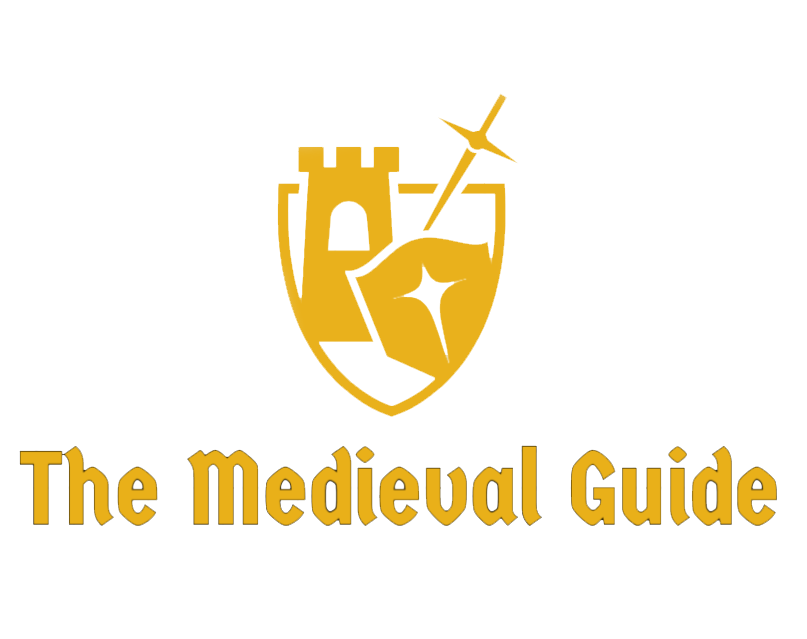Given the violent and often traumatic nature of medieval warfare, it is not surprising that many people have wondered whether knights in this period might have experienced symptoms of PTSD.
While it is difficult to know for certain, there is some evidence to suggest that knights in medieval times may have indeed suffered from PTSD or other mental health conditions related to their experiences on the battlefield.
The brutality of medieval warfare
One factor that may have contributed to the development of PTSD among medieval knights is the sheer brutality of medieval warfare. Battles in this period were often fought hand-to-hand, with knights using weapons such as swords, lances, and maces to attack and defend.
The violence and gore of these battles was extreme, with knights often suffering severe injuries or death. Even for those who survived, the experience of being in the midst of such violence and bloodshed could have been highly traumatic.
In addition to the physical violence of medieval warfare, knights were also exposed to other forms of psychological trauma. For example, they may have witnessed the deaths of comrades or friends, or experienced the fear and uncertainty of being in a life-threatening situation. These experiences could have had a profound impact on knights’ mental health and well-being, potentially leading to the development of PTSD or other mental health conditions.

It is important to note that the impact of medieval warfare on knights’ mental health was likely varied and complex. Some knights may have been able to cope with the stresses and demands of battle more effectively than others, and may have experienced fewer or milder symptoms of PTSD or other mental health conditions
Other stressors and challenges faced by knights
In addition to the violence of medieval warfare, knights also faced other stressors and challenges that could have contributed to the development of PTSD. For example, knights were often required to spend long periods of time away from home, which could have been emotionally and physically draining.
They were also expected to follow a strict code of conduct, known as the code of chivalry, which required them to be brave, honorable, and faithful at all times. This could have added additional pressure and stress to their lives, which could have had a negative impact on their mental health.
Evidence of mental health issues among medieval knights
There is also evidence to suggest that knights in medieval times may have suffered from other mental health conditions that were related to their experiences on the battlefield. For example, historians have documented cases of knights who experienced hallucinations, delusions, and other symptoms that could be indicative of conditions such as psychosis or schizophrenia.
It is not clear whether these conditions were caused by the trauma of battle or other factors, but it is possible that they were related to the stresses and demands of knightly life.

It is important to note that we cannot be certain about the prevalence of PTSD or other mental health conditions among medieval knights, as we do not have detailed records or accounts of the experiences of individual knights. However, given the nature of medieval warfare and the demands placed on knights, it seems likely that at least some knights in this period may have experienced symptoms of PTSD or other mental health conditions.
Conclusion
In conclusion, while we cannot be certain about the prevalence of PTSD among medieval knights, it seems likely that at least some knights in this period may have experienced symptoms of PTSD or other mental health conditions related to their experiences on the battlefield.
The violence and brutality of medieval warfare, as well as other stressors and challenges faced by knights, could have had a significant impact on their mental health and well-being. It is important to remember that the experiences of medieval knights were likely varied and complex, and that it is difficult to generalize about the mental health of knights in this period.
